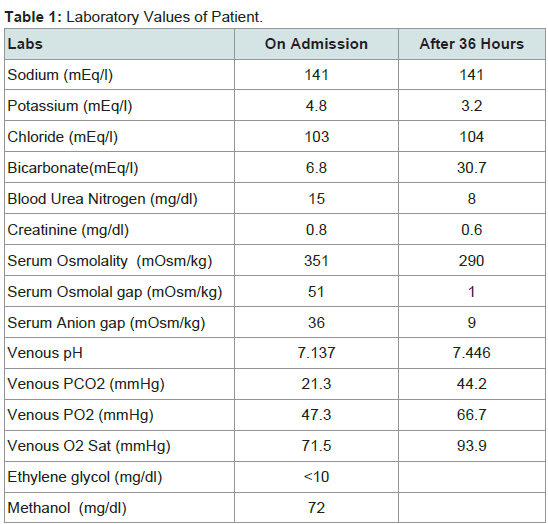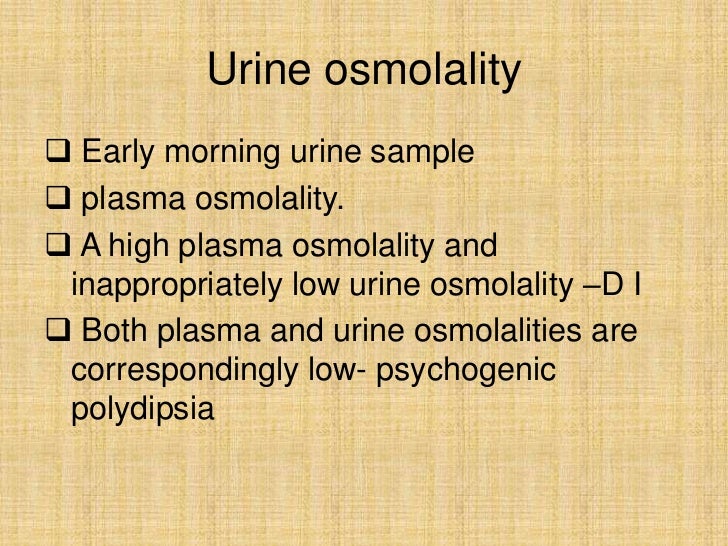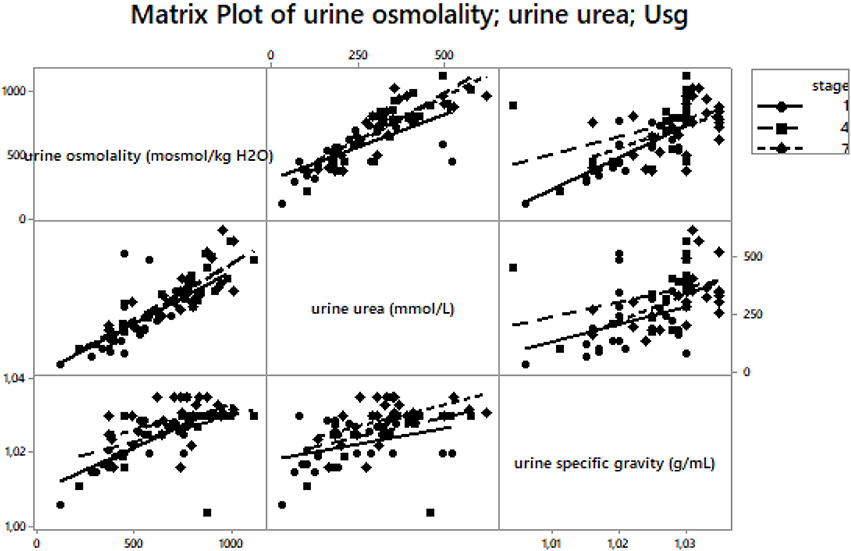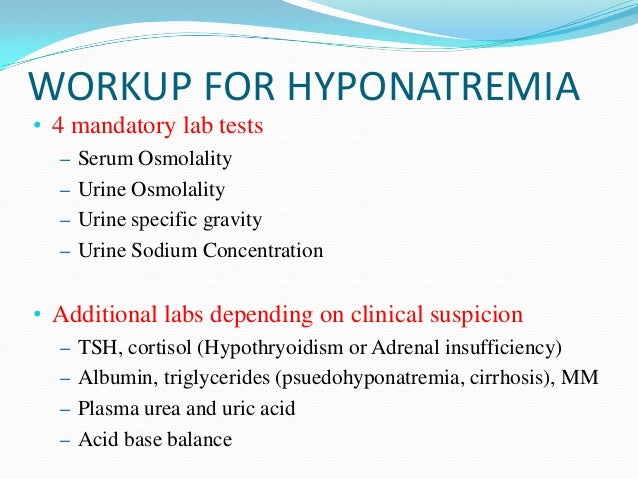
This retention of water dilutes the blood causing a decrease in osmolality back to normal levels. ADH signals for the kidneys to reabsorb and conserve water, resulting in formation of concentrated urine (which has a high osmolality). When blood osmolality increases, for example in dehydration, the hypothalamus promotes secretion of the hormone antidiuretic hormone ( ADH) from the posterior pituitary. Osmotic sensors in the body detect changes in the amount of particles in water in the bloodstream (osmolality). In health, the osmolality of blood is very tightly regulated. Serum osmolality is an important stimulus for maintaining water balance by controlling the amount of water excreted in the urine and by regulating water intake through the sensation of thirst. Unlike osmolarity, osmolality is unchanged by temperature. For clinical purposes, osmolality and osmolarity values are approximately the same and used interchangeably. Osmolarity is the number of particles in a litre of fluid. These osmotically active substances increase osmolality of a fluid and cause solvent (water) to move across membranes. Osmolality is a measure of the number of osmotically active solute particles dissolved in a kilogram of solvent (water in biological systems).

We are not a laboratory and are unable to comment on an individual's health and treatment. Lab Tests Online-UK is an educational website designed to provide patients and carers with information on laboratory tests used in medical care. If you are concerned about your test results, you will need to arrange an appointment with your doctor so that all relevant information including age, ethnicity, health history, signs and symptoms, laboratory and other procedures (radiology, endoscopy, etc.), can be considered. If the doctor wants to see you about the result(s), you will be offered an appointment. Your GP practice will be able to provide specific details. If you are registered to use the online services of your local practice, you may be able to access your results online. The X-ray & scan results may take longer. Some specialist test results may take longer, if samples have to be sent to a reference (specialist) laboratory. On average it takes 7 working days for the blood test results to come back from the hospital, depending on the exact tests requested. Urine Protein and Urine Protein to Creatinine Ratio.Urine Albumin to Creatinine Ratio or ACR.Unvalidated or misleading laboratory tests.Red Blood Cell (RBC) Antibody Identification.Heparin-induced Thrombocytopenia Antibody.



follows rigorous standards of quality and accountability. is accredited by URAC, for Health Content Provider (URAC's accreditation program is an independent audit to verify that A.D.A.M.


 0 kommentar(er)
0 kommentar(er)
